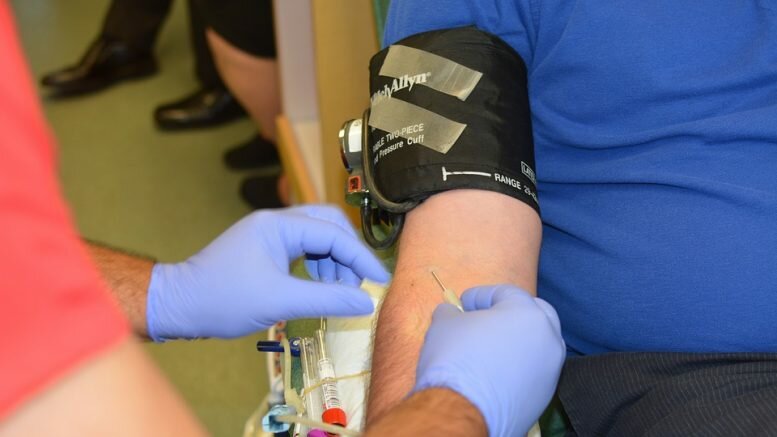Because Norwegians travel to very many regions on earth, many potential blood donors are forbidden to give blood for a period of time after their travels.
‘There are many rules when it comes to travel. And it’s not always easy to understand what’s inside an individual, and how long quarantine should be’, said bio engineer at the blood bank of Drammen Hospital, Marie Kristine Koteng Nicolaisen, before elaborating that, ‘it may also be different at one time to another, and perhaps that creates the biggest confusion. That once, when you’ve been to a country, its okay, but next time it’s not okay’.
She says that they follow closely the weekly updates of countries that have quarantine. These records of updates must be signed to confirm that they have been followed.
And the update lists are changing all the time. It isn’t long since the feared Zikavirus appeared in humans. The virus may cause damage to the foetus, and therefore pregnant women are advised not to travel to countries where the Zikavirus is present. Therefore, the blood bank won’t receive blood from people who have recently been in such areas.
‘We have maps that we can check for these different infectious agents, for example Zikavirus, and Malaria’, said Jonn Larsen.
At his office at the blood bank in Drammen, detailed maps hang on the walls, showing the spread of infectious diseases. On one map, the whole of South and Central America is alarmingly red.
‘That’s when Zika was discovered. The map shows that it was a problem’, explained Larsen.
‘If you have been in one of these areas, you get a minimum of four weeks quarantine. If you have a sexual partner who has been in such an area, you actually get seven months quarantine.’
Larsen said that the travel issues among Norwegians give the blood bank problems.
‘It’s one of the major issues we face when giving people quarantine from donating blood. People travel increasingly more than they did before, and to more exotic destinations where there may be both malaria and Zika,’ said Larsen.
‘We would have liked more blood donors, so to get a safe supplement of blood regularly. This is very difficult, and it changes from week to week, according to what they ate and many other different factors,’ Larsen explained.
It is not just those who work at the blood bank who should take care of who can’t give blood for any given period of time. The blood donors themselves should also follow developments a little.
‘What might be the biggest problem is that blood donors come here and don’t know that they have quarantine. In travel-price quotes, that is something that is overlooked’, said Nicolaisen.
Source: nrk.no / Norway Today




